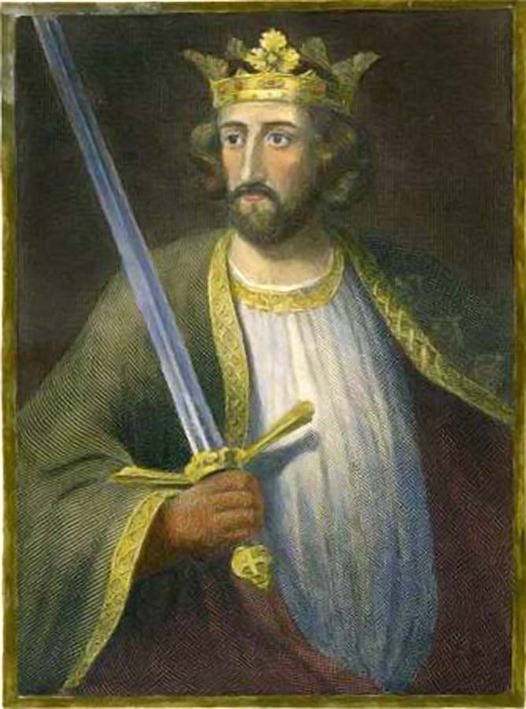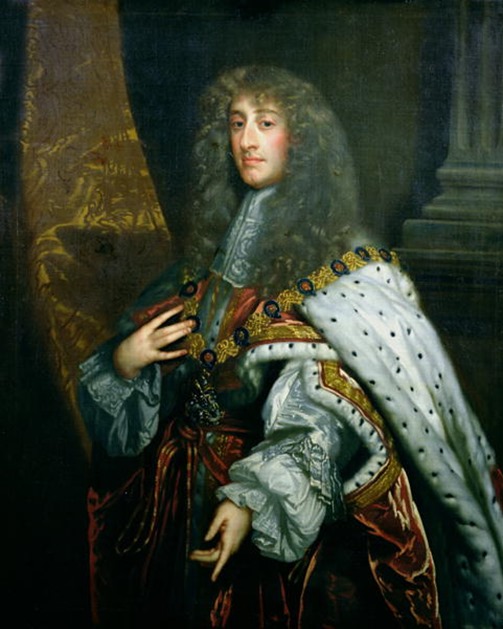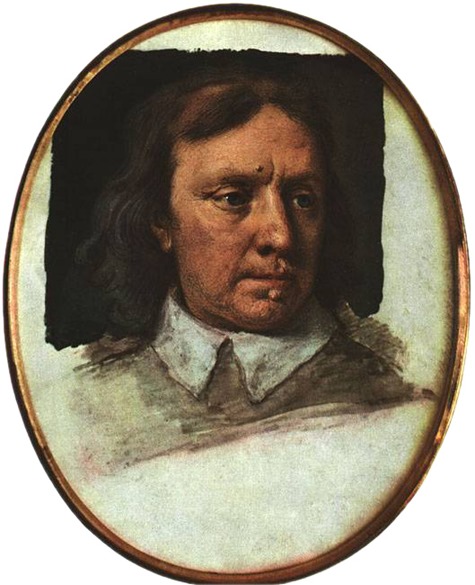Accountant Forums
July 14, 2014

In the old days there was no paper money. The accepted token of exchange was precious metal minted into coins by the Church and the Crown. Because there was only a limited amount of gold and silver available, the economic life of the nation had a certain regularity.
An even greater restriction existed throughout Christendom. This was the prohibition against usury, or charging interest. The Church held it to be a grave sin and the code was upheld by the civil powers. There were harsh penalties for those who broke the law.
The regulation of usury was to prevent the separation of money from reality. Money is not a good, it is a measure. It is fraud to pretend otherwise, and constitutes theft. Usury is making money from lending money; it is making money from nothing. This is exactly what is happening today on a colossal scale.
Several important things arose from the prohibition of usury in medieval Christendom. Firstly Jews, who had taken to wandering around Europe in the Middle Ages, began to specialise in money-lending and other practices which were forbidden to Christians. Exploited Christians, from peasants to aristocrats, found themselves being bled dry by usurers, which is why there were sporadic uprisings, imprisonments and expulsions of Jews throughout Europe. It is one reason why King Edward I expelled them from England in 1290. Oliver Cromwell allowed them back when the moral authority of the Church was undermined and the King was beheaded in 1649.

Secondly, gold coins, jewels and other valuables were deposited with people who held strongboxes. This was usually with goldsmiths and money-lenders who, more often than not, were one and the same. These loan-sharks and scriveners realised that, without much chance of being found out, they could charge people for looking after their deposits and then use those deposits – which did not belong to them – to make loans to other people at interest. They soon became rich and powerful.
Gold coins are heavy and awkward to carry around so the custom arose whereby the money-lenders would issue credit notes to depositors who began to trade those notes between themselves in commercial transactions. Paper money had come into existence.
A new form of usury developed as the swindling money-lenders realised the immoral benefits that could be obtained from such a situation. It became apparent to these thieves that they could go one step further than dishonestly using other people’s money for financial advantage at no cost to themselves. They could invent money from absolutely nothing. They could issue credit notes with nothing to back them up and put them into circulation as interest-bearing debts. No-one would be any the wiser. They calculated that they could safely issue notes for up to 10 times more than the gold deposits they held, because the depositors would never ask for their money back all at the same time.

The principle of modern banking was thus established: invent money from nothing, put it into circulation as “running cash notes” that have to be paid back with real wealth that is produced from our labour, sit back and become unbelievably wealthy and powerful men: hidden rulers of nations. In England this deceitful system was officially sanctioned in 1694. The usurper of the throne, William of Orange, had overthrown the legitimate King James II with the financial backing and plotting of powerful Jewish financiers in Amsterdam. In return he gave the sovereignty of England to a group of financiers by means of a Charter allowing them to call themselves the Bank of England. The Charter made no mention of issuing the nation’s money, but within minutes of signing the new Bank officials were gleefully discussing the form of their “running cash notes.” The same system was adopted in every country by a process of Masonic revolution and manipulation.
Nowadays banking has become extremely sophisticated but the hidden and usurious principles behind it remain the same. The British Treasury, in conjunction with the Bank of England’s advisers to the Government, determine how much money will be issued each year. This has to accord with the wealth of the nation for that year. But because cash only accounts for a tiny proportion of financial transactions, it makes no difference to the bankers at all. Most financial transactions are carried out with abstract figures on a computer screen that have no relationship to real wealth. Everything has to be paid for at interest though – even when it doesn’t exist!
The Government still has to pay interest on old and new loans from the Bank. Only a few years ago it was announced that the interest debt on a loan taken during the Napoleonic War had just been paid off! This is where much of our tax money goes. Who benefits from such a scheme? To ask the question is to answer it. The Bank of England is the real, but hidden, power in the country. Politicians are merely puppets controlled by the Bank – or more accurately, the international banking families. None of the Westminster traitors dare stand up to these hidden and unelected rulers of the world, so powerful have they become. Two American presidents, possibly three, were assassinated for attempting to do so. It is far easier for them to enjoy their cosy private club than expose the real tyrants – tyrants who cause high taxes, unemployment, war, famine and misery for the rest of us. But these despots of the New World Order forget that Truth is more powerful than they could ever become. And Truth brings Justice!

 Daily Stormer The Most Censored Publication in History
Daily Stormer The Most Censored Publication in History


